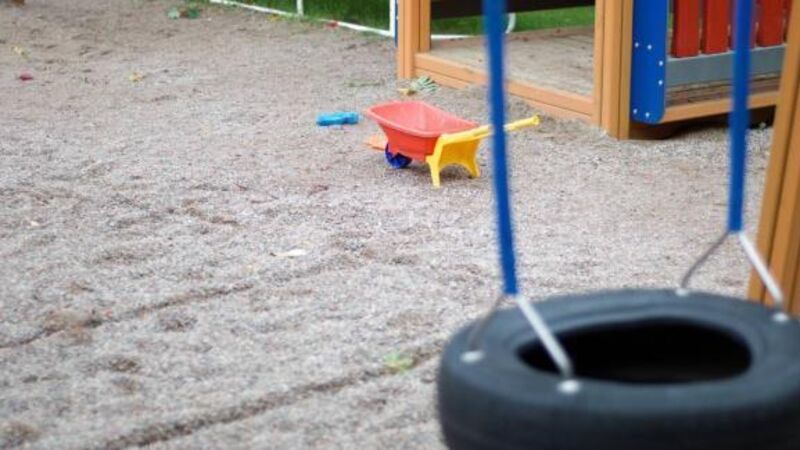Creche standards: Key lessons must be learned

WHILE much has been made in the last week about the levels of care provided in creches and pre-schools, key questions hang over regulation of education standards.
About €170m a year has been paid to more than 3,000 pre-school providers since 2010 to provide a year of pre-school for every child in the country. But the State has yet to devise and roll out a system of inspections to assess how well, or what, children are being taught in return for taxpayers’ money during the free early childhood care and education (ECCE) year.













